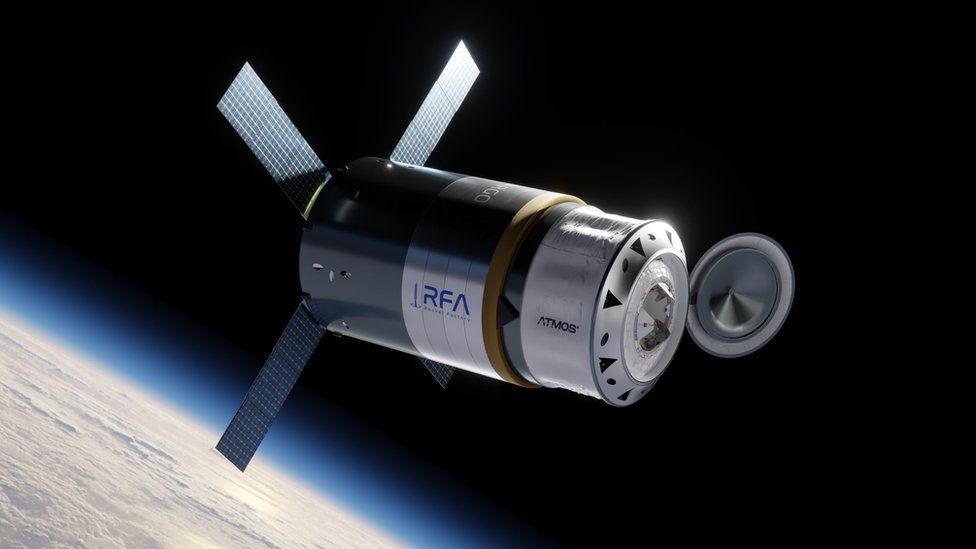-

-
-
Loading

Loading

The European Space Agency (ESA) plans to develop a robotic capsule for transporting cargo to and from the International Space Station (ISS). The vehicle is expected to make its first journey in 2028. This initiative represents a significant departure from ESA's traditional project management approach. The competition winner will receive some funding and technical assistance from ESA, but they must operate the capsule on a commercial basis. The company will need to partially finance the development and then provide the resupply service to ESA, who will act as the primary customer. If successful, the company may be asked to upgrade the capsule to transport ESA astronauts to orbit on a commercial basis. ESA Director-General Josef Aschbacher emphasized that the design of the capsule would allow for future evolutions, potentially enabling it to travel to destinations such as the Moon. ESA has established a dedicated team with an initial budget of €75m ($65m) to launch the competition. The idea received enthusiastic support from ESA member states during a summit in Seville, Spain. The competition model, which has proven successful for NASA, will be employed by ESA. NASA has used this approach to develop partnerships with private companies, leading to more innovative, cost-effective, and efficient space technologies. ESA aims to attract private investment through competitions supported by public money. In addition to the development of the robotic capsule, ESA member states have committed to adopting this procurement model for future rocket projects. The current state of Europe's launcher projects, Ariane-6 and Vega-C, has prompted the need for reform. To limit the financial burden on taxpayers, European industry will be challenged to produce next-generation rockets on a service model basis. The Seville summit also focused on how space data can contribute to achieving net-zero goals, including optimizing flight paths to reduce emissions. Additionally, ESA has opened its Zero Debris Charter to signatories, aiming to prevent the creation of space debris that could pose risks to operational missions. The UK, as one of the major contributors to ESA, plans to introduce a regulatory framework promoting responsible behavior and establishing a market for orbital debris removal services. Compliant operators will benefit from accelerated licensing, enhanced insurance, and improved access to finance.